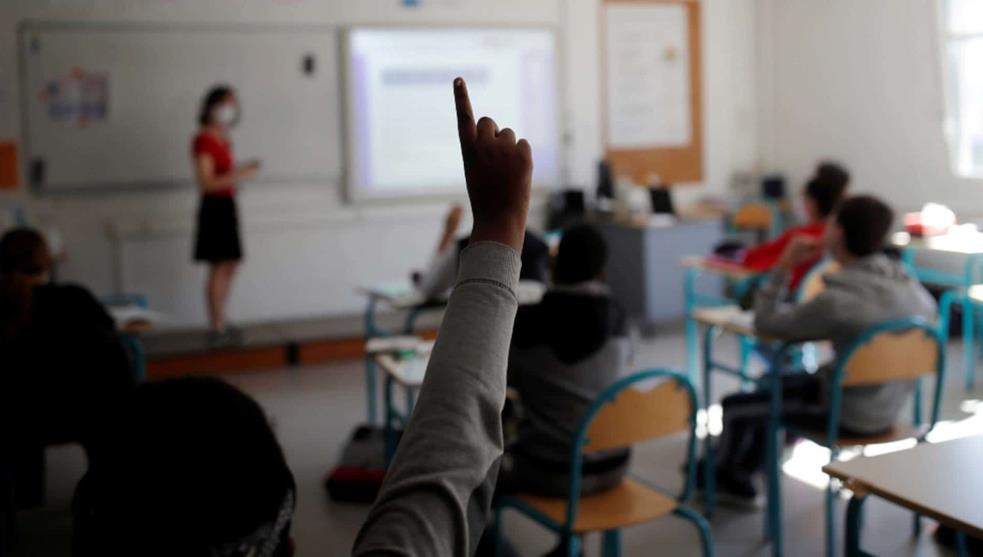New school year with CoVid-19: increase of demands and educational inequality
The situation caused by the Covid19 has broken our reality and, in some way, it has also affected, at least in the first moment, to the whole population, whether rich or poor. However, later, the situation is putting on evidence the inequality generated by the different levels of wealth. We have seen it during the first wave of this sanitary crisis, which unveiled some of the necessities and differences taking place in social, labour and economic sectors, as well as in education.
The state of alarm led to schools being moved from classrooms to teachers' and students' homes, causing the distinction between families to escalate. Firstly, confinement has not been experienced equally by families living in small houses, which do not have optimal space for all family members to study or to work or even to carry out psychomotor tasks, or families which have not had the break offered by a balcony. We have also known cases of families who do not have a computer for each member of the family, forcing them to share it over the day, even at night, or using mobile phones which in many cases are not prepared to carry out an online learning process. The digital divide has posed another obstacle with Internet access, considering that not all families have it, thus limiting access to telematic training. This fact has even led to the collaboration of the Guardia Civil to act as a bridge between teachers and students. These cases are particularly painful for young students, but these situations are repeated in adult education, making to complete a minimum education difficult, and perpetuating situations of exclusion in the most disadvantaged groups.
The educational administrations have provided means (devices and internet connection) for certain situations of the students late and in a scarce way. However, this has not been sufficient. Some studies speak of the fact that 30% of Spanish students have not had sufficient means to continue their education during the months of confinement [1].
The common good implies that States guarantee "essential services to all, some of which are at the same time human rights: food, housing, work, education and access to culture, transportation, basic health care, the freedom of communication and expression, and the protection of religious freedom" [2]. The priority is certainly the protection of the population's health, but sufficient resources must be made available so that the rest of these fundamental rights are not affected.
It would seem that the second wave of coronavirus has taken the administrations by surprise, although we, in the teaching staff, have been waiting for their proposals since the end of last school year. At first, we managed to transform an education designed for the classroom into distance learning, in which the feeling of remoteness and impersonality was combined with the high ratios that prevent us from dedicating the necessary time to each student. After the exhaustion caused by the uncertainty, shared with the whole society, the delay in the decision of measures, the lack of listening to the educational community proposals is added. In addition to the traditional demands (lower ratios, more attention to students with specific educational needs...), there is now a need for mandatory investment in protection measures in schools, as well as the necessary resources for students with fewer resources and the proposal of appropriate measures to achieve a true work-life balance within families.
Although it may
seem that the aim of schools is to safeguard minors in order to allow their
parents to devote themselves to their working day, we, teachers are aware of
the importance of education in our society. In the words of Pope Francis,
"only by changing education can the world be changed" [3]. To achieve
this transformation, it is necessary that no person, whether a minor or an
adult, is left behind in the educational process. And to achieve this, we must
look to the common good with hope, recognize priorities and guarantee
fundamental rights, among others, health and education.
Mª Cruz Hernández, CGJP advisor. Justice and Peace Albacete
[1] Un tercio de los alumnos no sigue la educación a distancia durante el confinamiento. El Mundo, 04/06/2020.
[2] Compendium of the Social Doctrine of the Church, 166. Pontifical Council for Justice and Peace, 2004.
[3] Francisco, a los docentes: «Sólo cambiando la educación, se puede cambiar el mundo». Periodista Digital, 25/06/2018

